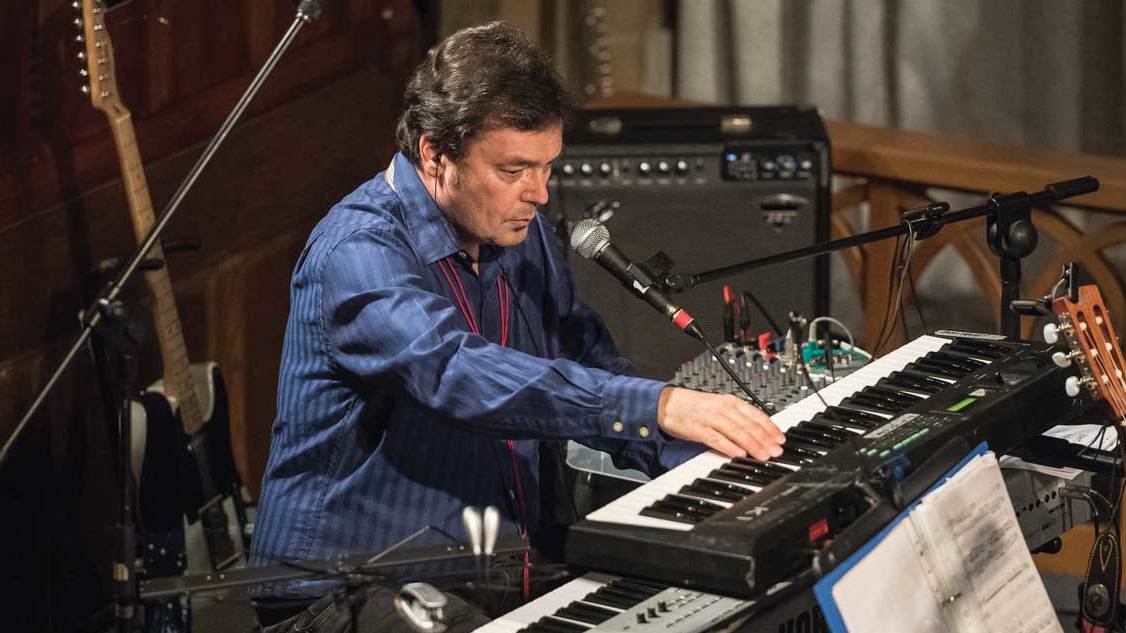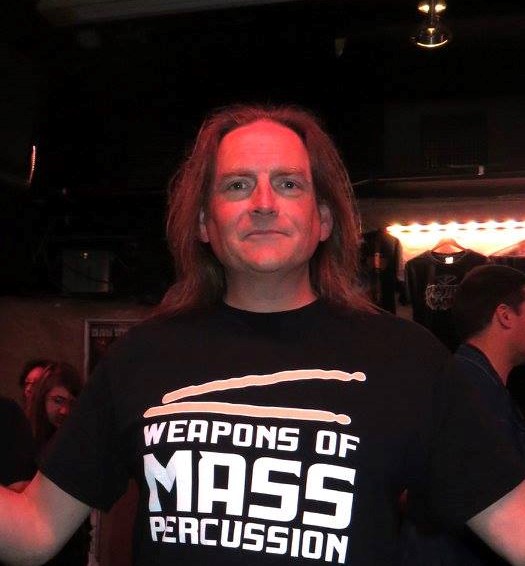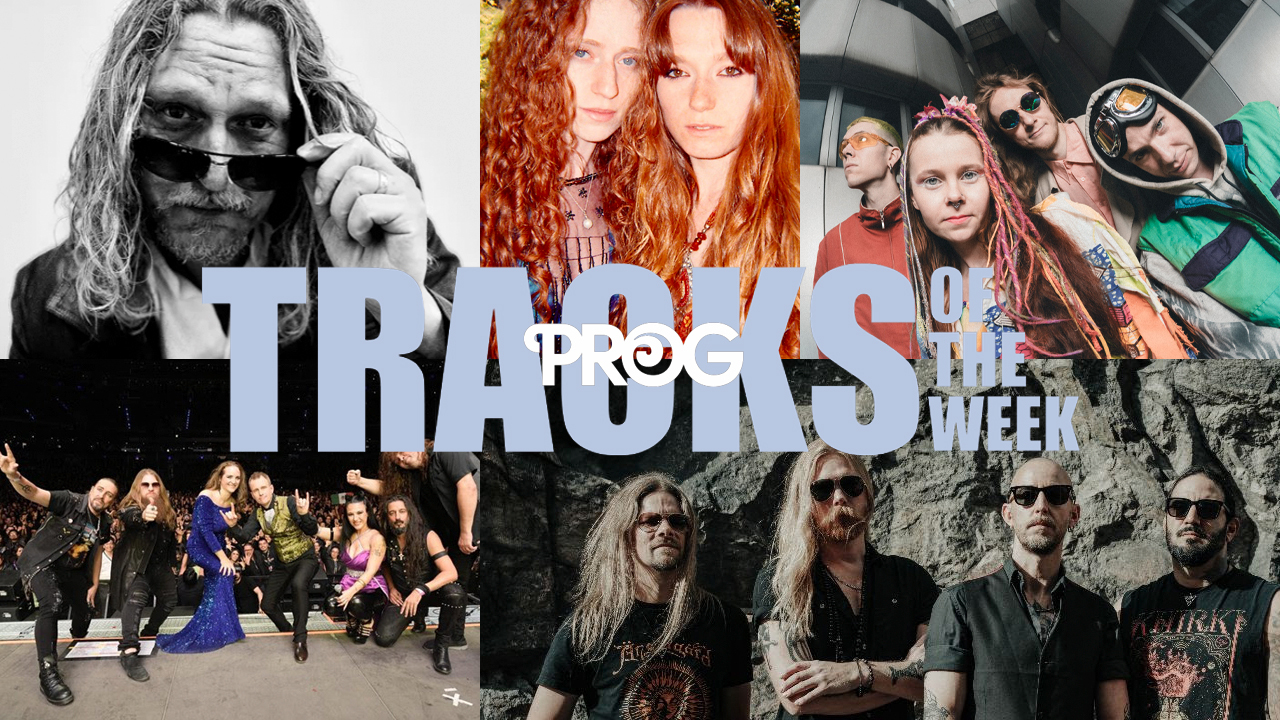You can trust Louder
This charming church in a quiet residential side street can’t host many gigs, which may explain the apologetic greeting at the door – “You do know that this isn’t a regular rock gig, don’t you?” But tonight they are showcasing John Hackett, with his prolific five-decade long career encompassing classical and full-on rock.
Easing in gently, Hackett kicks off a varied night by playing a short duo set with collaborator Nick Fletcher on classical guitar. With Hackett playing a strange looking instrument – “It’s a vertical flute, not a plumbing tool!” – they open with the spritely yet gentle Entr’acte, by French composer Ibert, and Hackett’s own Freefall, a pastoral musical sketch evocative of wide open skies. The involved unison playing and Vivaldi meets the Gipsy Kings style of Hackett’s Red Hair and the slow yearning of Gismonti’s Agua e Vinho create a rich, aural tapestry complemented by the venue’s acoustics.
Three solo tunes from Fletcher follow, demonstrating both accomplished talent andgreat taste, with a couple of classical guitar pieces and the more contemporary ballad feel of his own composition, Letter From Vermont.
Ushering in a full plugged-in band set, celebrating their first proper album release We Are Not Alone, the multi-talented Hackett switches to keyboards and they start boldly with the decidedly 80s neo-prog feel of Whispers. Cranked up guitar and bright cymbals feel suddenly overly loud and brash and, although the sound does settle, Hackett’s keyboards sadly remain buried in the mix.
Look Up evokes early Marillion, before Hackett demonstrates his versatility by taking the warm, slightly vulnerable lead vocal of the languid Life In Reverse. The evening’s first half closes with the multifaceted Take Control which, while featuring some great instrumental breaks and playing from both vocalist/bassist Jeremy Richardson and Fletcher on lead guitar, does feel a little disjointed.
The band really warm up post interval – an exhortation to dance introducing the syncopated blues/ prog of Burnt Down Trees quickly followed by the jazz funkiness of drummer Duncan Parsons’ instrumental Queenie And Elmo’s Perfect Day. This half of the evening introduces further variety – the organised chaos and space rock of Ego and Id, Parsons’ part spoken word part stand-up routine, the 5⁄4 acoustic pop ballad Stella, and Hackett’s part auto-biographical Never Gonna Make A Dime all vying for attention, and a furious, spirited full band encore of Red Hair is met with warm, rapturous applause.
At times this evening’s performance does lose a bit of focus and direction. However, it’s still relatively early days for the band, and with the enormous experience, talent, variety and fine tunes at their disposal, finding a consistent, potent collective voice is surely just a matter of time.
Sign up below to get the latest from Prog, plus exclusive special offers, direct to your inbox!
Gary has contributed reviews and news features for Prog Magazine for over a decade now. A fan of prog and heavy rock since childhood, his main areas of interest are classic and symphonic prog, prog-metal and modern acts bringing in fresh influences to the genre. He has a professional background in youth and community work, he teaches drum kit in schools and is a working musician. Gary was the drummer in semi-legendary NWOBHM band Praying Mantis for a couple of years and has been a member of indie-prog-pop-art-rock combo The Mighty Handful for more than twenty years. He loves cats and skiing, and has a Blue Peter badge.


